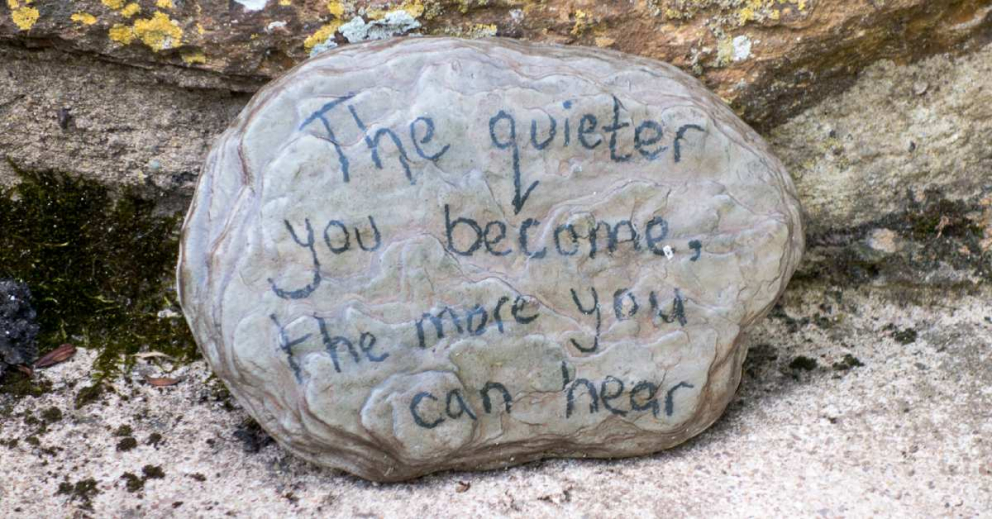Growing Awareness - what to do about slugs
Welcome to the latest news-post with our Head Gardener Bryony Middleton
Here she writes about the work we do in Sharpham's organic gardens, offering suggestions that you can use in your own gardens too.
The biggest question….what to do about slugs?
With all this heat and some gentle watering, the gardens are glowing.
From the Walled Garden here at Sharpham we are now harvesting lettuce and salad-leaf mix, radishes, chard, spinach, courgettes, peas, broad beans, spring onions, our first baby beets (in three colours!), herbs and edible flowers.
Out in the Formal Gardens, the sunny border out the front of the House has been mulched and the Cornus Capitata in the woodland is flowering beautifully. I’d like to go on, but the main question I’m being asked in the garden at the moment is about slugs.
Using organic growing methods here at Sharpham, we steer away from pesticides and know that each creature in the garden has an important part to play in the ecosystem.
So here are some measures you can put into place in your garden to keep the slugs and snails off your plants as first port of call rather than automatically using a chemical spray that will often harm pollinators and other helpful insects in the garden as well as the ‘pests’.
- Raise healthy plants in module trays in greenhouse/protected area, harden off outside before planting in a well-prepared weed-free bed. This gives the plants a strong start as slugs enjoy lush leafy growth and new shoots, so they will already be less appealing.
- Keep the area surrounding your garden weed-free and with short grass. By removing some of the habitat directly surrounding the plants, the slugs have fewer places to hide.
- With lettuces I tend to use a method championed by Charles Dowding (known for his no-dig approach). This involves always just picking the lower leaves around the stem and letting the central leaves grow on. You can continue doing so for a month or so and while this means you don’t use a full head at one time, you can harvest for longer. Again, it removes some of the lower leaves resting against the soil that slugs can hide underneath.
- Water early in the morning rather than the evening. Slugs often come out at night and prefer wet damp soil.
Find out more about Sharpham's gardens here










